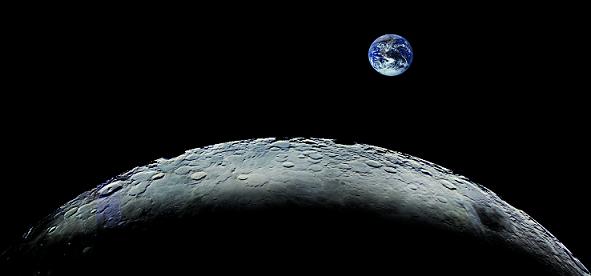 Imagine your neighbor told you that the moon, rather than being 240,000 miles, was merely a quarter mile — a handful of city blocks — away from the earth. Or imagine attending an event with 10,000,000 other people, only to be told by someone else that there were only 10 in attendance. Certainly, these extreme disagreements in number would seem laughable.
Imagine your neighbor told you that the moon, rather than being 240,000 miles, was merely a quarter mile — a handful of city blocks — away from the earth. Or imagine attending an event with 10,000,000 other people, only to be told by someone else that there were only 10 in attendance. Certainly, these extreme disagreements in number would seem laughable.
However, the argument over the age of the earth is broken into similarly extreme sides. While science agrees that the earth is five billion years old, proponents of young earth creationism argue that the earth is no older than 10,000 years. Furthermore, polls have shown that rather than a small group holding a counter-mainstream idea, as many as half of Americans agree with the idea of a young earth.
What is the source of such a vast discrepancy in the numbers? Could it simply be that half of all Americans are ignorant of modern science? Is poor science education to blame? Perhaps if science textbooks, television shows, museums, and national parks among other things failed to mention the age of the earth or offered arguments for both sides this might be so. However, the five-billion-year estimate of the earth’s age appears prevalently in all of these sources.
Instead, the source of the disagreement comes not from an ignorance of science — like not knowing why it is colder in the winter than the summer — but from an unwillingness to accept the findings of modern science when it appears to conflict with the Bible. While BioLogos believes education can help address the differences in opinion, merely teaching the facts of science is not enough. Rather, young Christian students must be taught that there is no need to choose between the findings of science and one’s faith. The two can and do exist in harmony.

